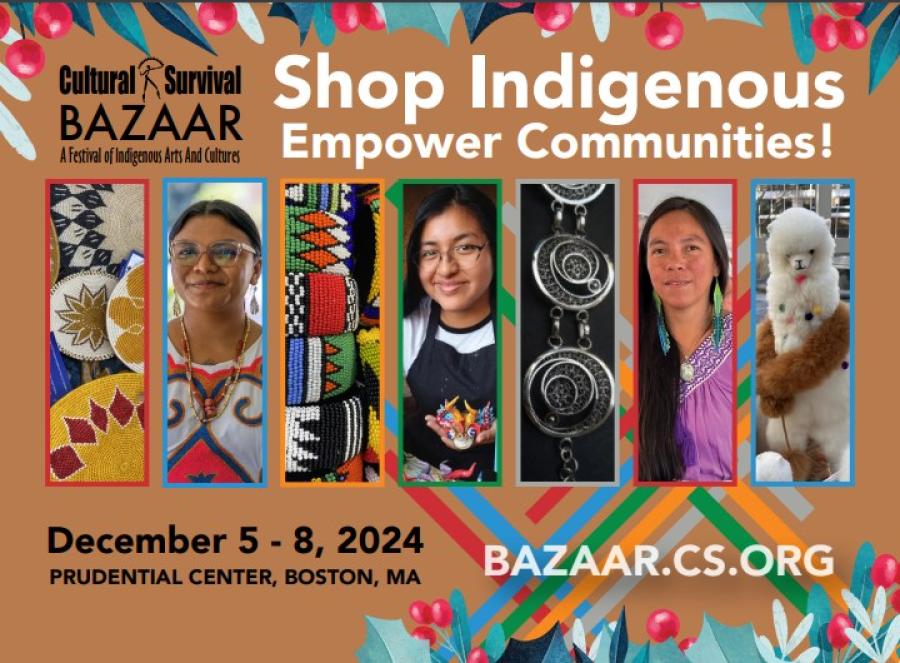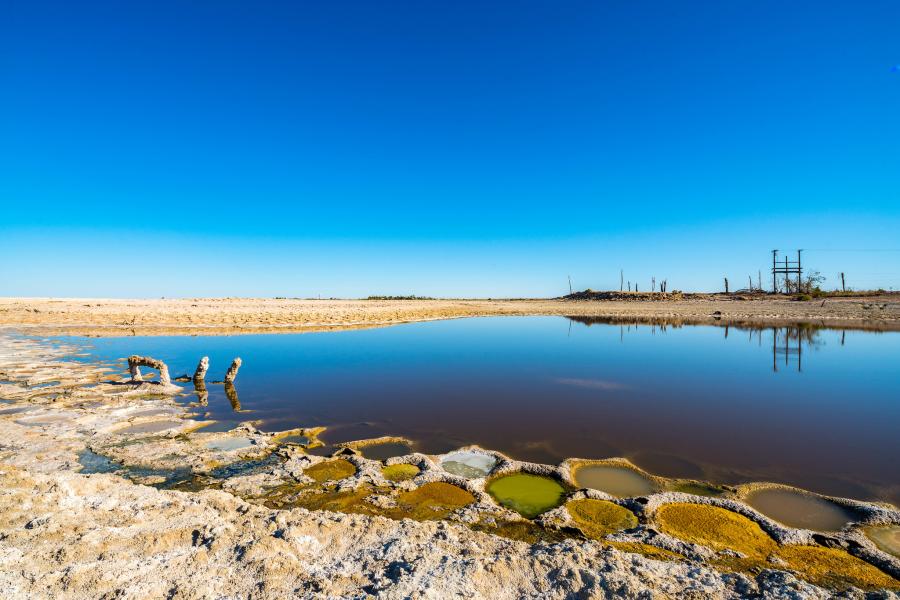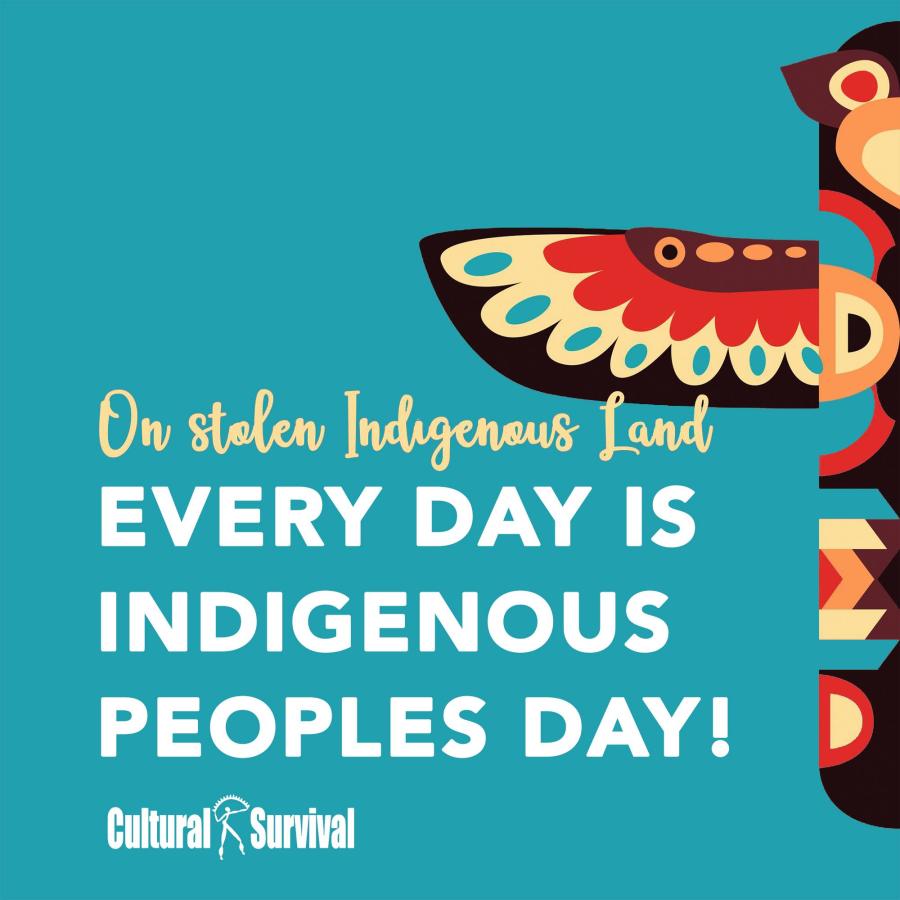When it comes to saving native languages, linguists and small native communities would seem to be natural partners. But beneath the surface, the demands of the academy and the needs of the community constitute separate agendas.
In most cases, academic study of the language produces papers that are esoteric and offer little assistance to communities. Scholars who have already invested thousands of hours and tens of thousands of dollars in research face heavy pressure from the academy to publish their dissertations and books and are not rewarded professionally for making practical contributions to the language community.
For large groups with lots of speakers, misalignment of the academy and the community may be passed off as a mere side issue. But for smaller language communities it turns into a competition for the extremely limited time of elderly speakers. This conflict is a critical issue because the stakes are so high. The bearers of the knowledge that scholars are interested in are also the sole remaining people who can pass forward the gift of language on a breath-to-breath basis to younger learners.
Within the Yuchi community, our struggle with these questions reached a peak with the request of a linguist to develop a dictionary for the Yuchi language. The formal proposal had already been submitted to the appropriate governmental agency, and a meeting was convened after the fact for approval by the community. In our community, like most small language communities, there was no institutional review board to take up such questions or look after the interests of the community in the context of academic research.
It turned into a classic face-off. The linguist characterized the project as taking a minimum of time, as being of critical importance to the oral mastery of the language, and as something without cost. I countered by questioning the amount of time it would take, the functional significance of a dictionary for learning to speak the language, and, above all, whether it was truly free, since the project would draw heavily on our elder speakers’ time. I also tried to challenge the advisability of going through the university, which would take 50 percent of the federal grant money as overhead for administering the grant. Even though scholarly projects represent one of the only major funding sources for language work, this arrangement for grant administration seemed too onerous for a small language community to bear.
The climax came when the linguist offered the idea that the Yuchis that they would have a dictionary on their shelves 100 years from now. I countered that 100 years from now I wanted Yuchis to have the language on their tongues. In the end, the dictionary option won out. The Yuchi language project had to divide the elders’ time with the dictionary project.
Admittedly our community did not have an effective process for addressing such important questions, but the exchange epitomized a problem faced by many small language communities. In the colonial alchemy, putting the language into books is prestigious and turns the once-assaulted language into a highly valued commodity. I am not advocating squelching scholarly inquiry—I am, after all, a member of the academy—but at this very late stage in the life of the smaller language communities, we must figure out ways to ensure that scholarly endeavors benefit community language efforts, to keep spoken languages alive.
—Richard A. Grounds



